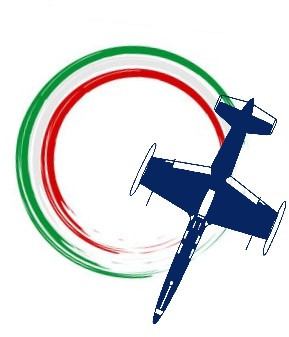Global orbiting navigation satellite system
GLONASS (Russian: ГЛОНАСС, IPA: [ɡɫɐˈnas]; Глобальная навигационная спутниковая система, Global Navigation Satellite System), is a space-based satellite navigation system operating as part of a radionavigation-satellite service. It provides an alternative to GPS and is the second navigational system in operation with global coverage and of comparable precision.
Manufacturers of satellite navigation devices say that adding GLONASS made more satellites available to them, meaning positions can be fixed more quickly and accurately, especially in built-up areas where buildings may obscure the view to some GPS satellites. GLONASS supplementation of GPS systems also improves positioning in high latitudes (north or south).
Development of GLONASS began in the Soviet Union in 1976. Beginning on 12 October 1982, numerous rocket launches added satellites to the system, until the completion of the constellation in 1995. After a decline in capacity during the late 1990s, in 2001, the restoration of the system was made a government priority and funding increased substantially. GLONASS is the most expensive program of the Roscosmos, consuming a third of its budget in 2010.
By 2010, GLONASS had achieved full coverage of Russia’s territory and in October 2011 the full orbital constellation of 24 satellites was restored, enabling full global coverage. The GLONASS satellites’ designs have undergone several upgrades, with the 2020 latest version, GLONASS-K2, scheduled to enter service in 2022.[5] An announcement predicts the deployment of a group of communications and navigational satellites by 2040. The task also includes the delivery to the Moon of a series of spacecraft for orbital research and the establishment of a lunar communications and positioning system.

Source: GLONASS – Wikipedia
« Back to Glossary Index
